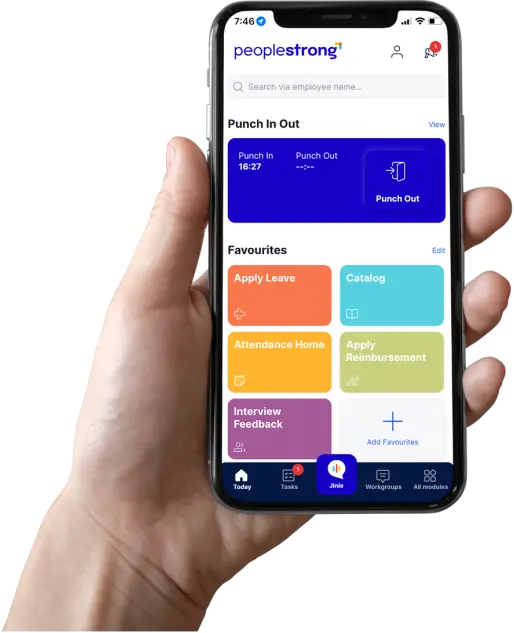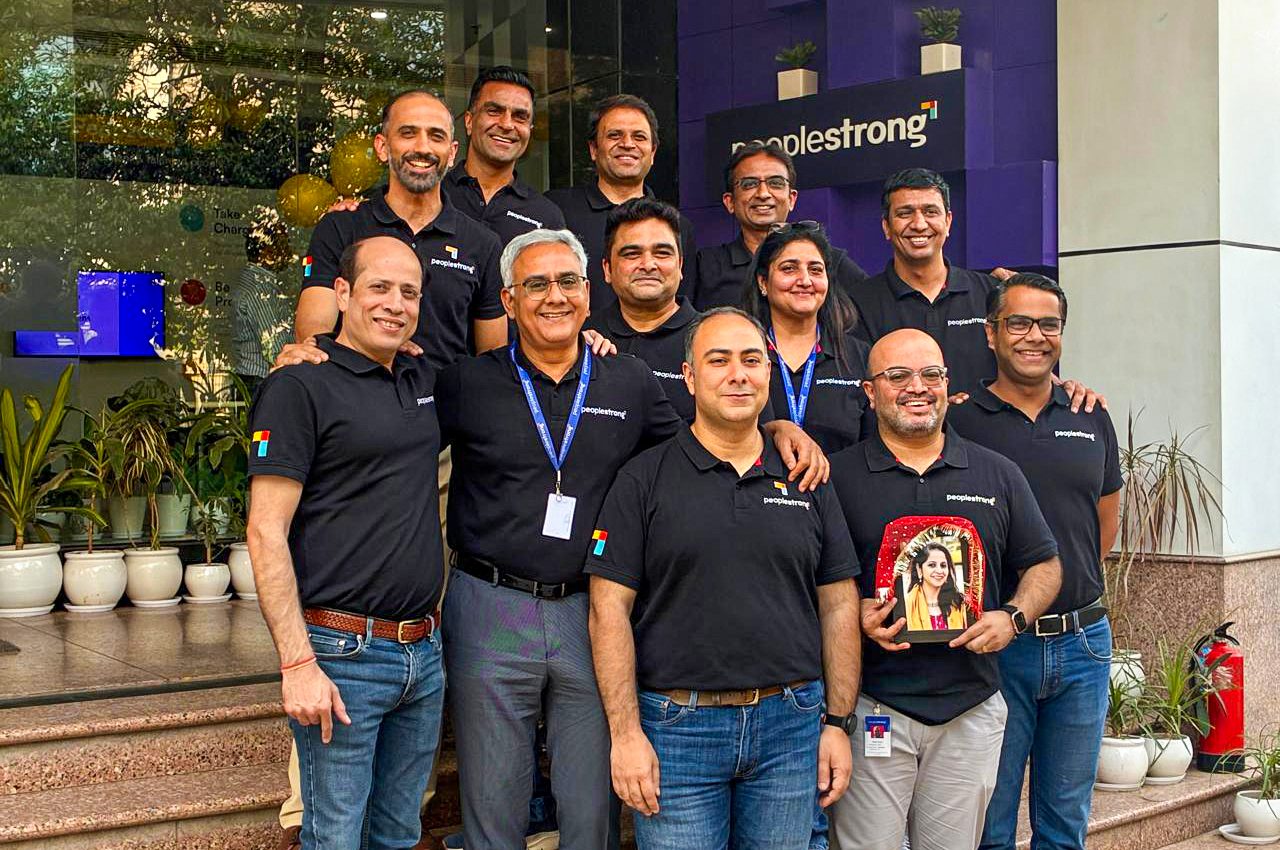Even as subcontracting and third-party employers are rushing to balance the spike in IT talent demand, these personnel providers themselves have been facing a resource crunch. And, are turning to own skilling platforms for closing the gap. Web-based technologies, artificial intelligence and data sciences are the most sought skills; in many cases, the market requirements change in months. “The new-age skills are scarce and expensive to source.
Since the transformation of jobs in the sector has happened rapidly, employers are willing to offer a premium for these, instead of investing in creating these capabilities,” says Sumit Kumar, vice-president of TeamLease Skills University. TeamLease, a staffing solutions provider, itself has about 1,000 qualified and experienced trainers and 150 centres that deliver training on site and on campus. Employers are willing to pay a 50 per cent premium for high quality skills as compared to generic ones; depending on seniority and experience, this goes up to 75-80 per cent, says Kumar.
It takes typically three months to train a person in a new skill. However, such a person won’t be immediately as productive with the skill as they were with a legacy one. So, companies prefer to hire these skills, rather than reskilling their own employee, if it is a short-term project. Employee training or reskilling, and increasing the revenues from digital offerings, have been the two main focus areas of almost every IT services company through 2018-19. The sector also cannot afford to work in an ‘assembly line’ model any more, with different parts of the workforce learning and performing different tasks in a project life cycle. Outplacement solutions provider Adecco has taken this further to the extent that it now markets itself as a reskilling platform as well.
“The demand from IT itself has grown rapidly, and together with protectionist policies in their key markets, the demand/supply gap has exacerbated. Our hire, train, deploy solution, which went live recently, is the key offering to this end, focusing on hiring good talent, training them as per the client/company’s talent need and deploying the upgraded talent on work,” says Ian Lee, CEO of the group’s Asia-Pacific & group executive committee. Adecco has also just acquired a digital skilling academy in US and has a subsidiary focused on providing talent mobility solutions through an employee’s lifecycle.
According to PeopleStrong’s India Skills Report 2019, 60 per cent of recruiters in the sector feel they do not find the quality talent they want to hire. With infotech companies back in the hiring game this year, the sector would see a 15-20 per cent increase in recruitment from 2018. “We ourselves conduct training sessions on these niche skills. Such reskilling sessions are not only for our current employees but also for the freshly on-boarded ones; it helps them navigate faster through the changing skill demand environment,” explains Devashish Sharma, founding member at PeopleStrong.
Last year, Nasscom and the government, in a joint initiative, announced a Future Skills portal for companies in the IT and ITenabled services industry, to reskill their employees across nine emerging technologies. Of the 4.5 million people employed in the industry today, 1.5-2 million are expected to require reskilling in the next four to five years. In the September and December quarter of this financial year, the pick-up in the demand environment has forced Indian IT firms to increase the pace of hiring for onshore locations, apart from engaging of subcontractors, impacting their margin performance to some extent.
This article was published on Business Standard












